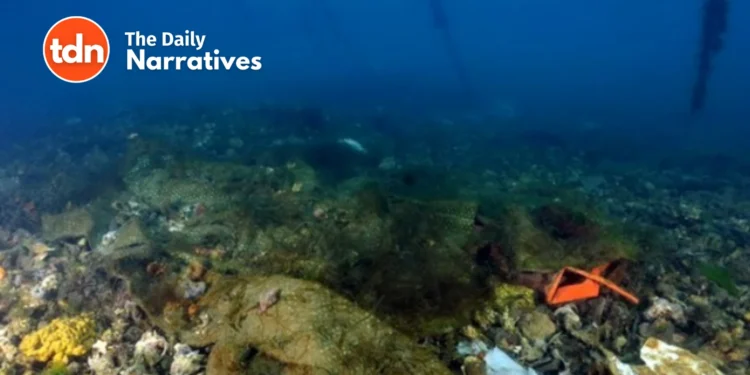Representatives, from 175 nations will gather in Canada starting Tuesday to work on finalizing a treaty aimed at ending pollution. This follows discussions in Kenya and a commitment made in 2022 to reach an agreement by the end of this year. The treaty, a first of its kind under the United Nations seeks to address the issue of pollution impacting various ecosystems and even human health.
After three meetings negotiators will convene in Ottawa with plans for discussions in South Korea. The last meeting, in Nairobi faced challenges, particularly concerning the scope of the proposed treaty leading to some criticisms from organizations regarding progress.
Canadian Environment Minister Steven Guilbeault expressed optimism despite work needed on the draft text. The focus of the talks is to ensure that around 60 to 70 percent of proposed elements receive delegate approval by April 29th.
The situation is quite serious as the widespread issue of pollution could have negative effects, on our oceans and climate. While there is agreement on the importance of a treaty environmental activists advocating for a 75 percent reduction in plastic production by 2040 find themselves in conflict with oil producing nations and the plastics industry, which lean towards recycling.
Described as an opportunity amidst urgency this treaty is seen as vital by oceans expert Neil Nathan from the University of California Santa Barbara. He emphasizes the need for binding and specific actions to prevent an agreement that falls short of addressing the current challenges.
Over the two decades annual plastic production has more than doubled to reach 460 million tonnes. Is projected to triple within forty years. However 9 percent of plastics are currently. According to OECD data their impact on global warming could more than double by 2060. After accounting for 3.4 percent of global emissions in 2019.
Eirik Lindebjerg from World Wildlife Fund International remarked that we are now at a juncture. He highlighted that an overwhelming number of countries have already expressed support for implementing binding regulations. Now it’s up, to our leaders to turn these expressions into tangible actions.
The NGO Ocean Conservancy believes that the outcome of the Ottawa discussions will determine if an agreement can be reached by the end of the year. Some individuals express concerns.
The Tara Ocean Foundation highlighted that the initial 31 page draft text has expanded to 70 pages indicating that crucial aspects of the treaty still need clarification leading negotiators to explore options.
Countries, like France are advocating for the establishment of working groups between sessions to address issues particularly focusing on identifying avoidable plastic products determining which polymers and substances should be prohibited and strengthening eco design standards. Recently several organizations in North America have urged President Joe Biden to increase his involvement in this matter.
Anja Brandon from Ocean Conservancy remarked; “The United States holds the spot as the producer of plastic waste globally both in terms of per capita and total volume or weight.”
Together with China, Saudi Arabia and OPEC members it is evident that these countries are hesitant about considering a reduction in production. Manufacturers assert their commitment to presenting solutions and expertise during discussions while emphasizing their efforts in innovation, investment and advocacy for policies to combat plastic pollution ” according to Chris Jahn, from the International Council of Chemical Associations.
He also cautioned about the impact that limiting plastic production could have on society suggesting a gradual implementation.
Various nations are pushing for actions with 65 members of a group known as the ” ambition” coalition, led by Rwanda and Norway and consisting of most European Union countries.

















































